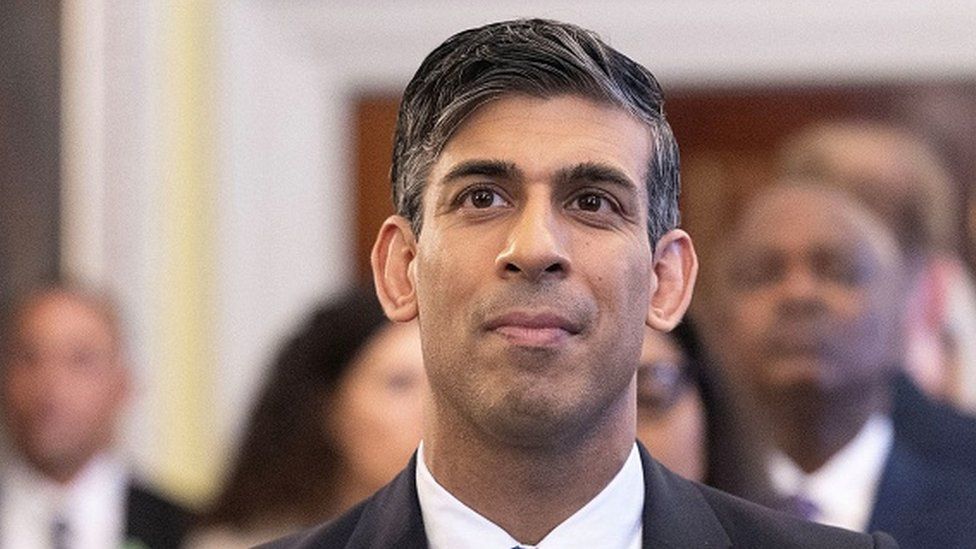ARTICLE AD BOX
 Image source, Getty Images
Image source, Getty Images
By Chris Mason
Political editor, BBC News
The Conservatives have had a miserable time in England's local elections.
The problem the Tories have faced is a range of competitive opponents. Labour, the Liberal Democrats and even the Green Party have capitalised on the shrivelling of Tory popularity.
Liberal Democrat smiles were sufficiently broad that party leader Sir Ed Davey was found comparing himself to a Cheshire cat.
The Lib Dems appear to have finally banished the baggage of their years in coalition government.
Plenty of Lib Dems are proud of their time serving alongside the Tories between 2010 and 2015, but plenty of their voters were horrified by it and they were near obliterated eight years ago.
Memories of it for many seem to have retreated sufficiently far into the rear-view mirror that it is no longer a drag anchor on their prospects.
"We are the none-of-the-above party again," one party source observed.
This was the Green Party's best ever set of local election results.
For the first time, they've secured a majority on a council, in Mid-Suffolk.
Labour optimism
The only Conservative comfort blanket on an otherwise cold night for them is the scale of a bounce back Labour has to make to win a general election.
Some have suggested the numbers from this election suggest they would have fallen short of a majority had there been a general election this week.
Watch: England's local elections...in under 60 seconds
Labour are continuing to insist these local elections results would have led to a majority Labour government, because of progress they believe they can make in Scotland, plus the geographical distribution of their vote share.
Party strategists reckon, with all the problems the Scottish National Party is facing, they could win 20 seats in Scotland at the next general election. They currently hold one.
And Labour say their vote is much more "efficient" than it has been.
What do they mean by this?
They point out Labour won the general election in 2005 on 35% of the vote, but lost in 2017 with 40% of the vote, because the party was stacking up voters in places where it was already dominant - such as big cities and university towns.
They argue this week's results show, for them, a much better distribution of their vote in places they need to beat the Conservatives - including good performances in places that voted to leave the EU and places with smaller proportions of graduates.
Sunak weakened
This weekend, the recriminations are under way among Tories.
Those around Prime Minister Rishi Sunak say he has done much to steady the Tory ship and the party would be in a far worse state without him.
Let me invite you to peer into my notebook to see what is scribbled there after my phone rang earlier.
A figure loyal to former Prime Ministers Boris Johnson and Liz Truss telling me: "Rishi has no option but to own these results."
And they didn't stop there. You can read more about this here. There is little enthusiasm, though, to move against the prime minister.
The Tory party's appetite for insurrection, civil war, utter chaos appears sated.
But Mr Sunak's capacity to put a lid on Conservative anger appears weakened. His critics are finding their voices again.
The biggest truth is a political landscape that appears hyper-competitive and so far from definitive.
From today's vantage point, it looks hard for either the Conservatives or Labour to be super confident of winning a majority to call their own at the next general election.
And that election could be around 18 months away - and a lot can happen in that time.
Labour see a path to victory. The Conservatives still think, still hope, that path can be blocked.
Oh and one final thought.
I suspect the Conservatives and Mr Sunak are mighty glad the small matter of King Charles's Coronation will wipe politics off the news for the next few days.

 1 year ago
47
1 year ago
47








 English (US) ·
English (US) ·